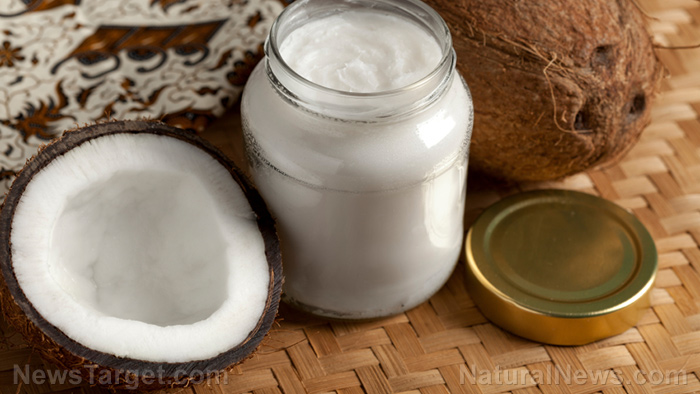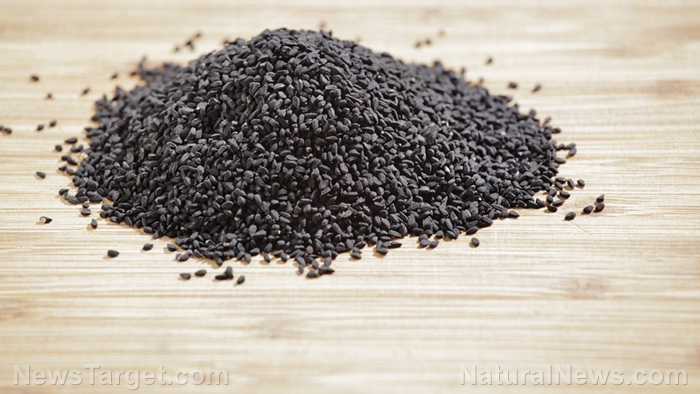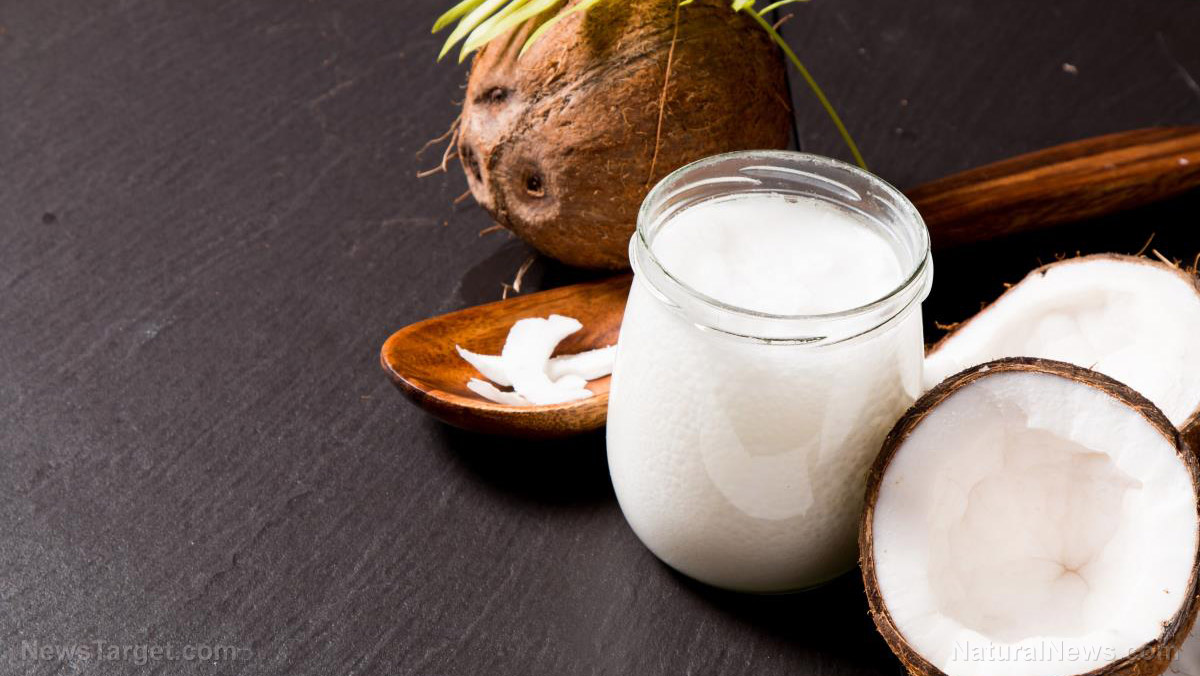Reinstated superfood status: Coconut oil has always been good for your heart, but now doctors have the science to confirm it
08/29/2018 / By Michelle Simmons

Coconut oil’s popularity has increased over the years because of its many health benefits. Along with its popularity, debates and myths about its potential health benefits also rose. A recent study confirmed the heart health benefits of coconut oil, bringing back its superfood status. Researchers from the University of Cambridge, together with TV host and doctor Michael Mosley, conducted an experiment to determine what coconut oil does to cholesterol levels.
Coconut oil is believed to reduce the risk of heart disease by cutting cholesterol levels. However, the oil is comprised of about 92 percent of saturated fat, which is higher than butter and lard. Studies have shown that saturated fats increase the levels of bad LDL cholesterol. The criticism is that since it is high in saturated fats, it must be bad for heart health. (Related: Coconut Oil – Here’s what you need to know about this amazing rejuvenation and healing oil.)
In the study, the research team recruited around 100 volunteers – all were more than 50 years old. The participants’ bad and good cholesterol levels, height, waist, blood pressure, weight, and body fat percentage were measured before and after the experiment. Then, the researchers divided the participants into three groups. One group ate 50 g or about two tablespoons of coconut oil, the other group ate 50 g of olive oil, and the last group ate 50 g of butter. They ate the assigned item every day for four weeks.
Results revealed that the group who consumed butter had an increase of around 10 percent in their bad LDL levels. Contrary to that, the groups who ate olive oil and coconut oil did not have an increase in their bad LDL levels. In addition, butter and olive oil increased good HDL cholesterol by five percent, while coconut oil increased it by 15 percent. This indicates that coconut oil appeared to provide more positive effect on cholesterol-related health compared with olive oil.
The research team also observed that the participants did not gain any weight and body fat, which may be a result of the saturated fat they ate – it made them feel full, so they ate less. These results were not what the researchers were expecting. The study is the largest study of its kind and the first to be done in the U.K.
“And they’re not in keeping with the results of previous studies, which mostly show that coconut oil raises LDL less than butter but more than polyunsaturated oils,” said Kay-Tee Khaw of the Cambridge School of Clinical Medicine, who supervised the experiment.
Khaw explained that the reason behind its effect is because the extra virgin coconut oil they used behaves differently – as some past studies did not indicate what type of coconut oil they used – or it could be because coconut oil is packed high in lauric acid, which may be used differently by the body compared with other types of saturated fat.
Lauric acid makes up about 50 percent of the saturated fat in coconut oil and is also the reason coconut oil is considered healthy. Moreover, it contains antimicrobial and anti-inflammatory effects and can also be found in breast milk.
Khaw also said, “It’s too simplistic to think that all saturated fats are bad – we need to look at their composition, how they’re manufactured and the context in which they’re eaten.”
Aside from coconut oil’s heart health benefits, other studies have shown different health benefits that it provides. These include:
-
Managing blood sugar levels
-
Reducing stress
-
Making hair shinier
-
Promoting healthy skin
-
Preventing liver disease
-
Reducing symptoms of asthma
-
Combating candida
-
Enhancing satiety
-
Promoting weight loss
Learn more about the health benefits of coconut oil at Superfoods.news.
Sources include:
Tagged Under: cholesterol, coconut oil, food as medicine, food cures, food science, functional food, healthy fats, heart health, natural cures, natural medicine, saturated fat



















